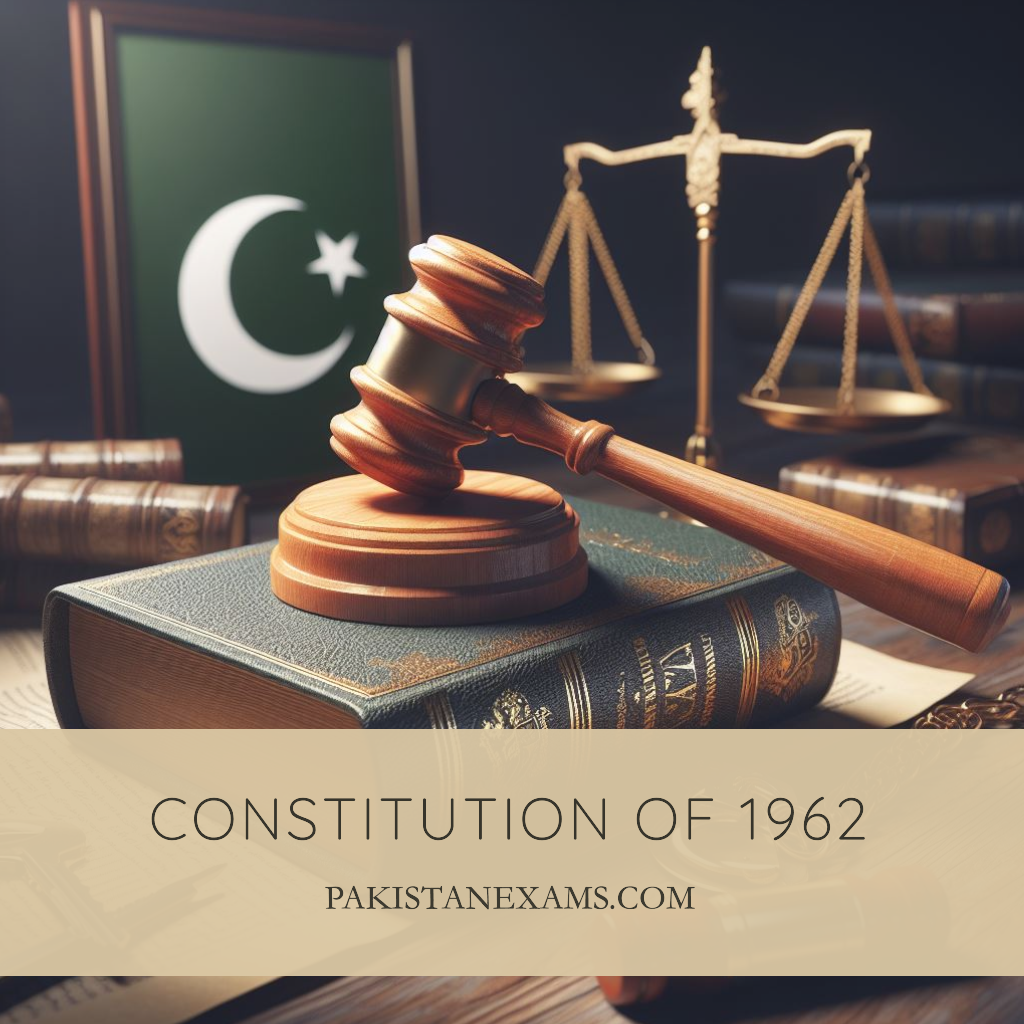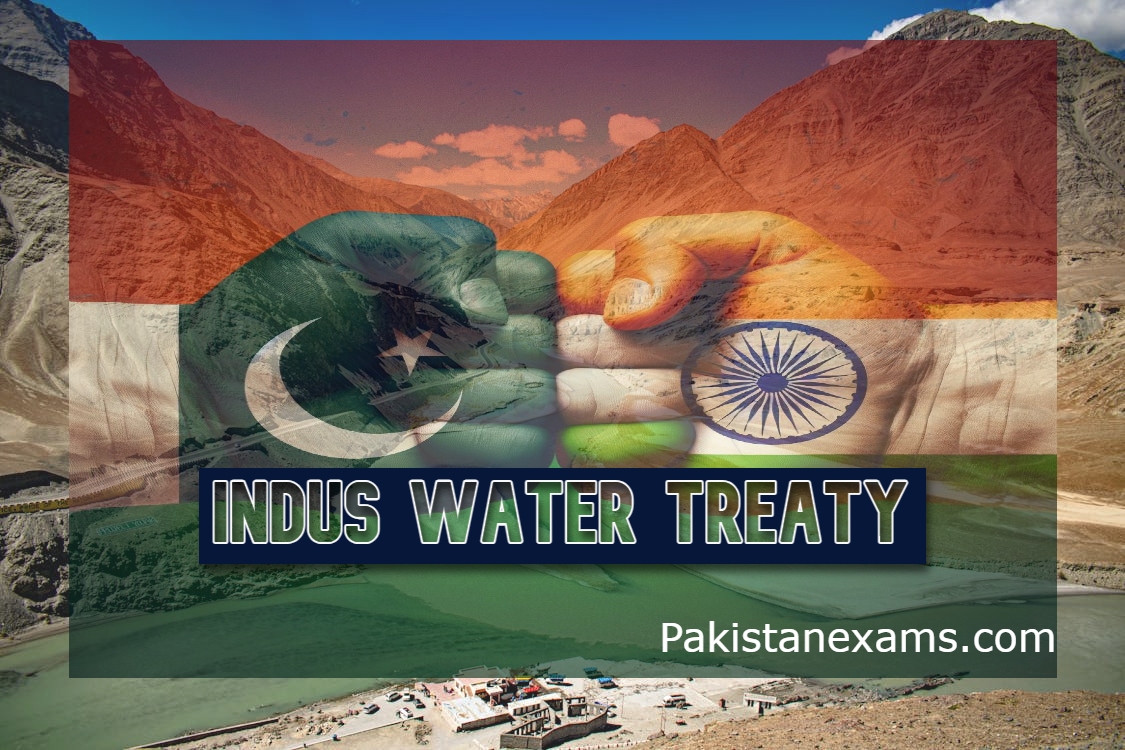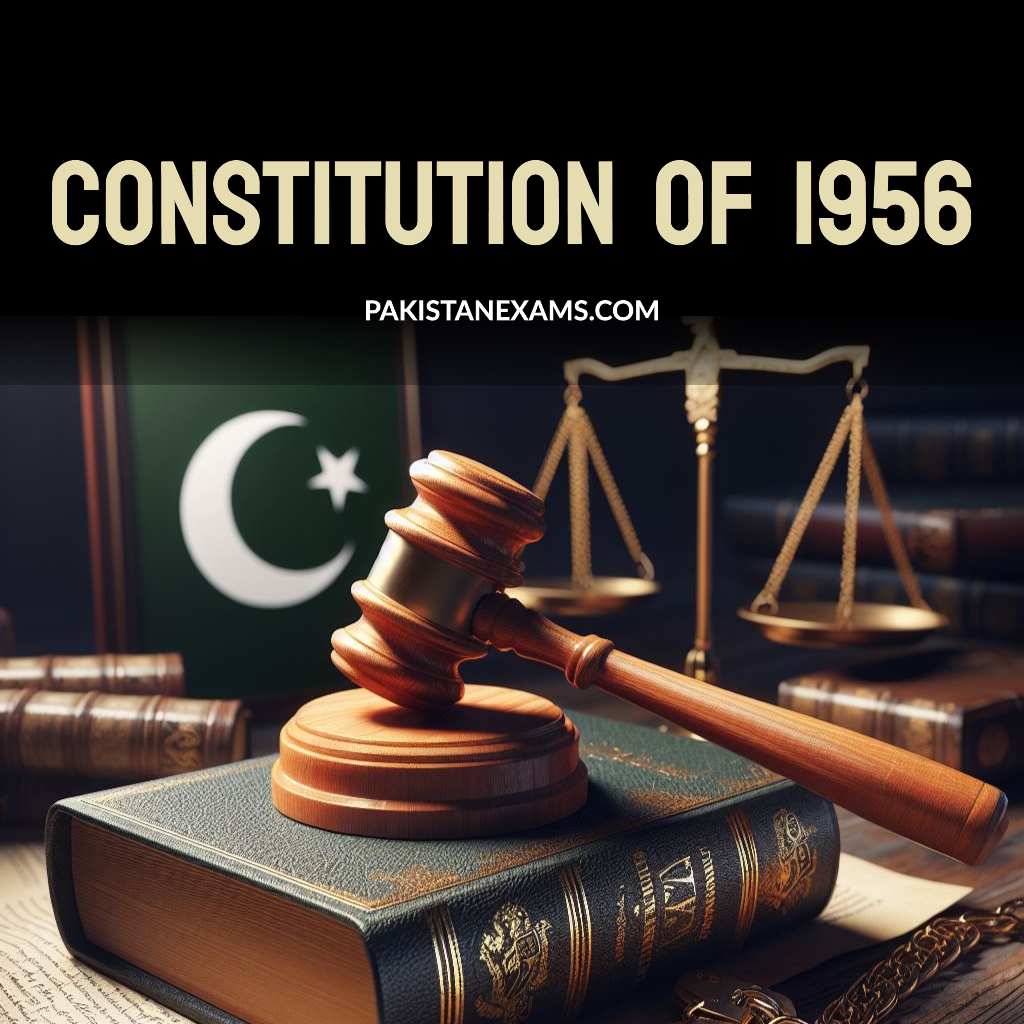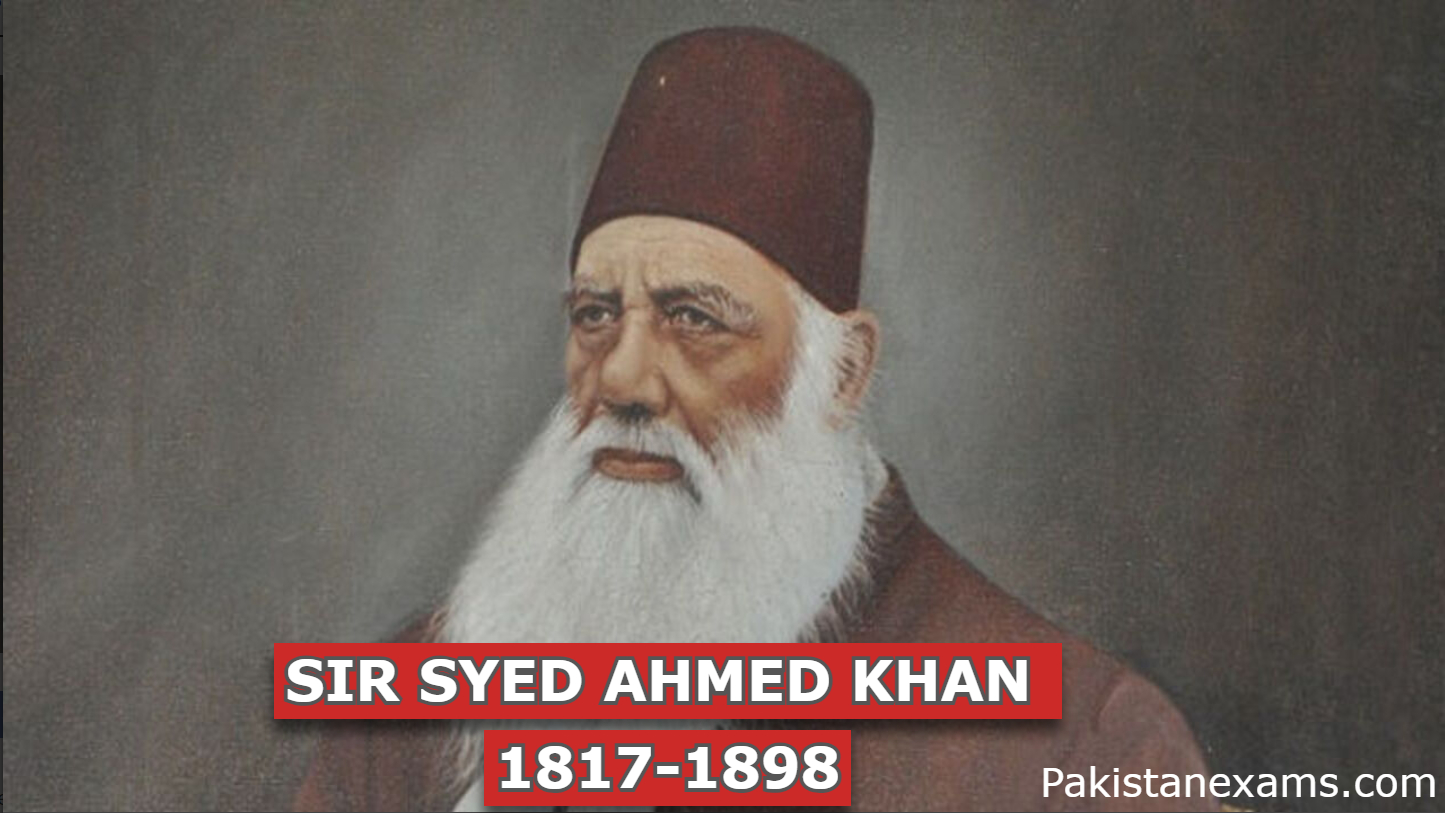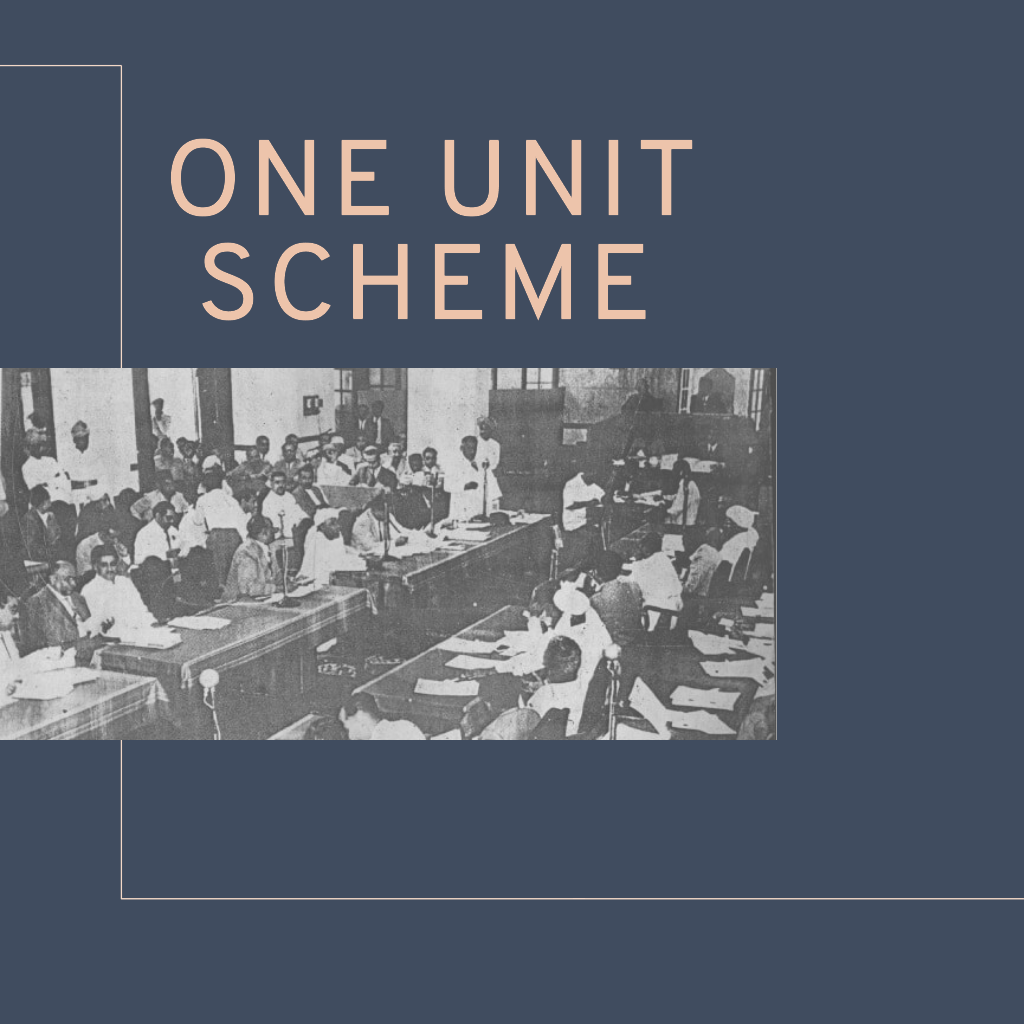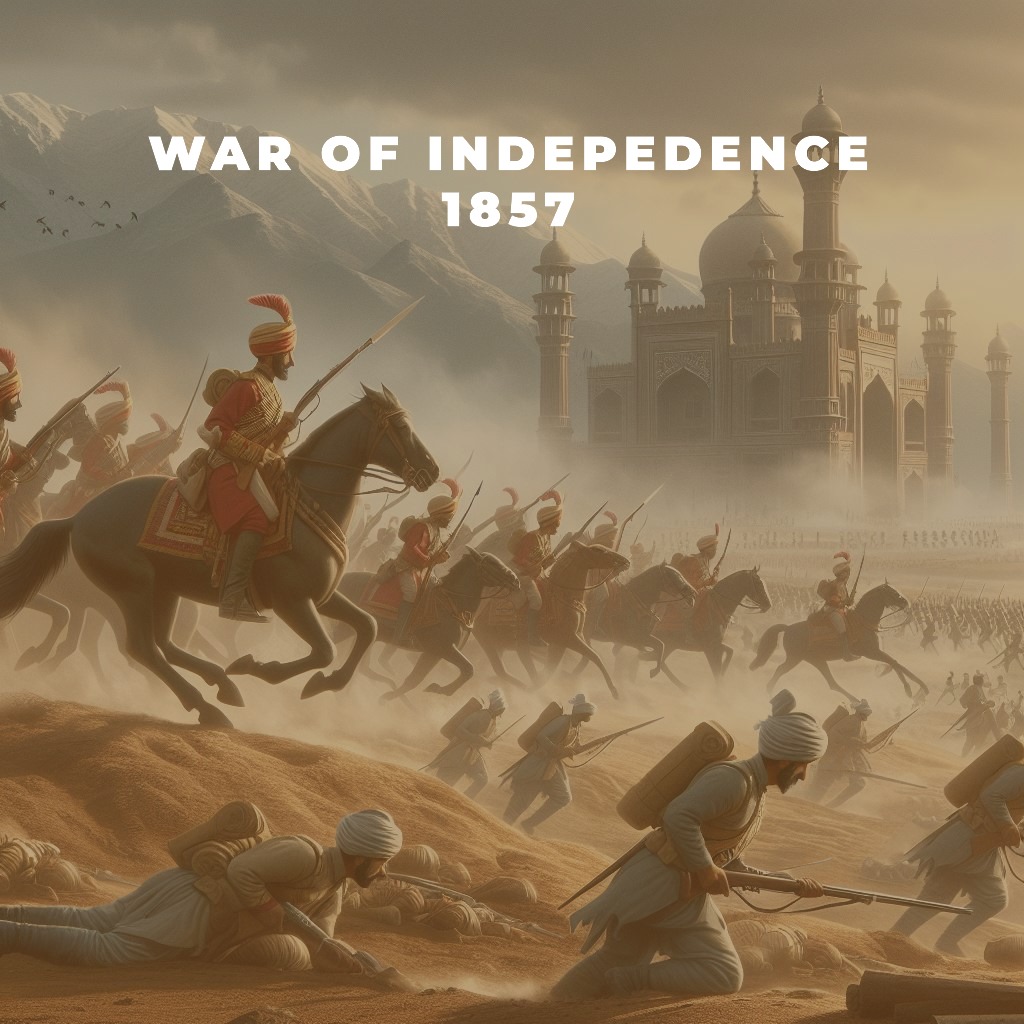The Great Darul Uloom Deoband in India and its Services
Darul Uloom Deoband is a very well-known Islamic institution. It is located in Deoband, Uttar Pradesh, India. It started with the establishment of a Madrassah at Deoband on May 30, 1866. This madrassah promotes Islamic education, culture, and heritage. This institute also focuses on guiding its students about spirituality. It is the largest Islamic Institution […]
Read More »

